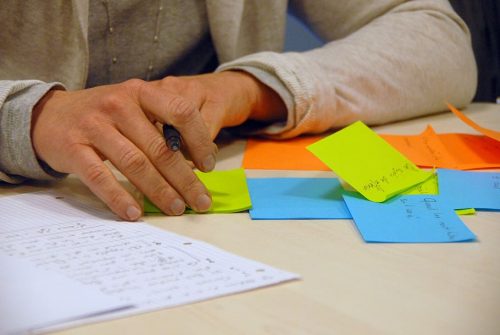For this 2019 trade fair, a well-crafted media presence is expected for exhibitors and visitors to attend. As citizen journalists, we are independent and free to report these seemingly ordinary topics that may not reach headlines but are newsworthy.
From current affairs to lifestyle events, we write about issues that we think deserve public attention. But how do we stand out?

While journaling exercises taught us how to organize our thoughts, there people out there who uses their skill in writing for making a change. When journalists raise awareness on public concern issues, we are exercising our civic right and, therefore, leading others through our reporting. Civic leadership means improving the quality of life in a community by using skills, knowledge, and time. We don’t need to become a politician or a CEO, but how do we know when we are doing it correctly?
- Stepping Up
Citizen journalism compels us to report upon encountering disinformation or a lack of coverage on an issue that is important to us. Community members with lived experiences are left out of the conversation even though they are credible news sources. If we want them to step up and speak out, we need to come out first and lead with the right action.
- Showing Up
Whether it’s a physical activity or a virtual event, we need to show up and be present. If it’s a written interview, why don’t we initiate a phone call to explain and introduce ourselves first? It’s easy to volunteer ourselves physically, but to be fully present, we must ensure that our attention isn’t roaming elsewhere.
- Leaning In
There will be instances when we are unaware of specific issues, but we must be willing to find those people who are. Leaning into topics or ideas that are not in our comfort zone improves our critical thinking abilities. People who accept they don’t know everything makes good leaders and for a practicing journalist, makes for good writers.

Civic leaders provide a call to action, which is more natural for editorialists and bloggers than news reporters when it comes to citizen journalism. Despite this, many reporters take advantage of various platforms by giving a voice to ordinary people.
Once we make our online identities public, we gain an opportunity to shape public opinion. All journalists can become civic leaders, but it’s still up to the public to decide whether the information they receive serves the common good.
